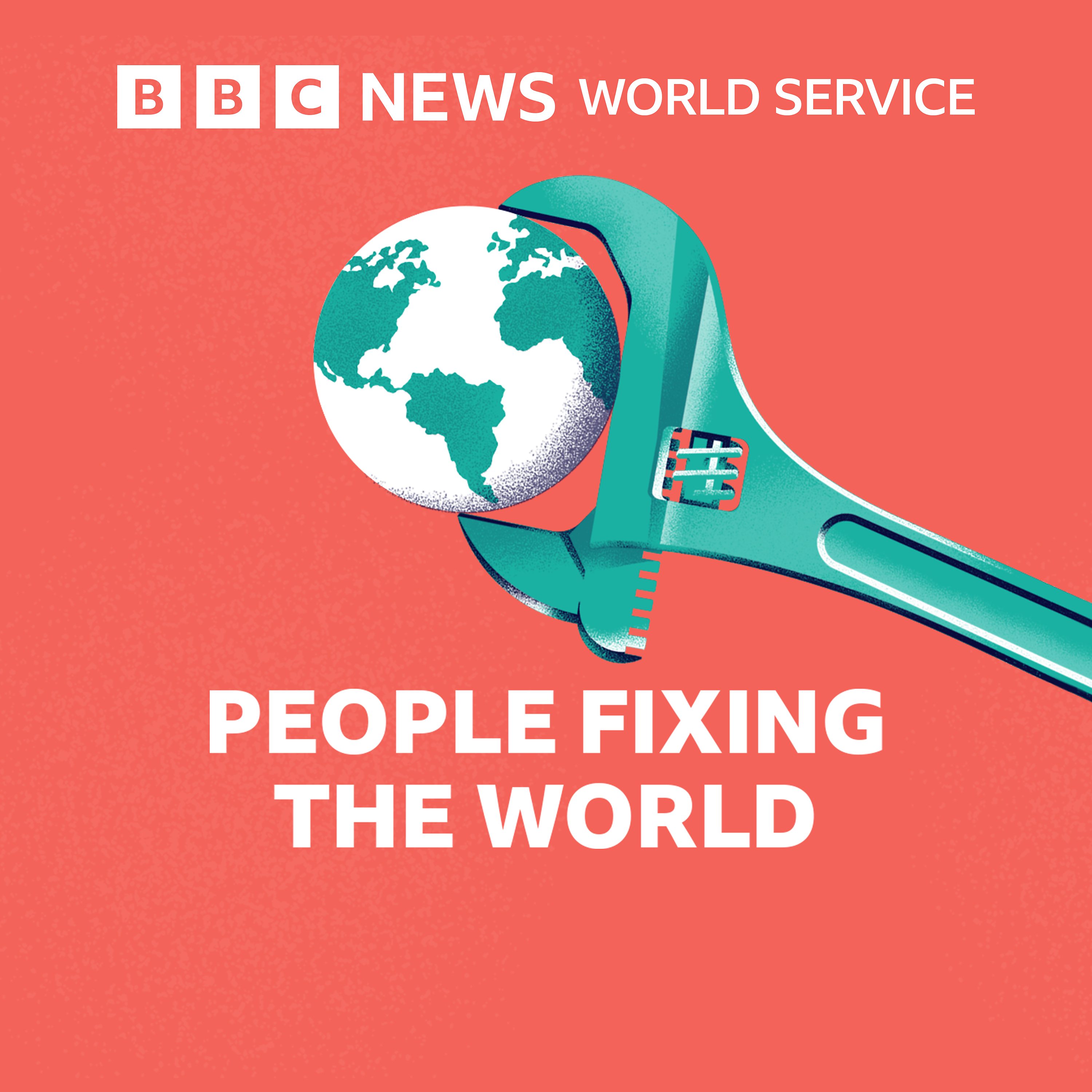People Fixing the World

Brilliant solutions to the world’s problems. We meet people with ideas to make the world a better place and investigate whether they work.
Website : http://www.bbc.co.uk/programmes/p04grdbc
IPFS Feed : http://ipfspodcasting.com/RSS/253/PeopleFixingtheWorld.xml
Last Episode : September 16, 2025 12:00am
Last Scanned : 50 minutes ago
Episodes
Episodes currently hosted on IPFS.
 The power of play
The power of playConfirmed 3
Play is essential to children’s development – kids learn about themselves and the world around them by having fun and taking risks. In some countries scientists have linked a decline in free play with a rise in children’s mental health problems. In this programme we visit a playground called “the land” where no parents are allowed in! This highly-regarded project in Wales now supports adults too, an approach dubbed “play-based community development”. Plus we visit a “soft play” centre in Los Angeles, USA, one of a chain of play spaces that have been created specifically for autistic children and their families.Presenter: Myra Anubi
Reporters: William Kremer, Emma Tracey
Producer: William Kremer
Editor: Jon Bithrey
Sound mix: Hal Haines(Image: Children at The Land adventure playground in North Wales, BBC)
Expires in 31 hours
Published Tuesday